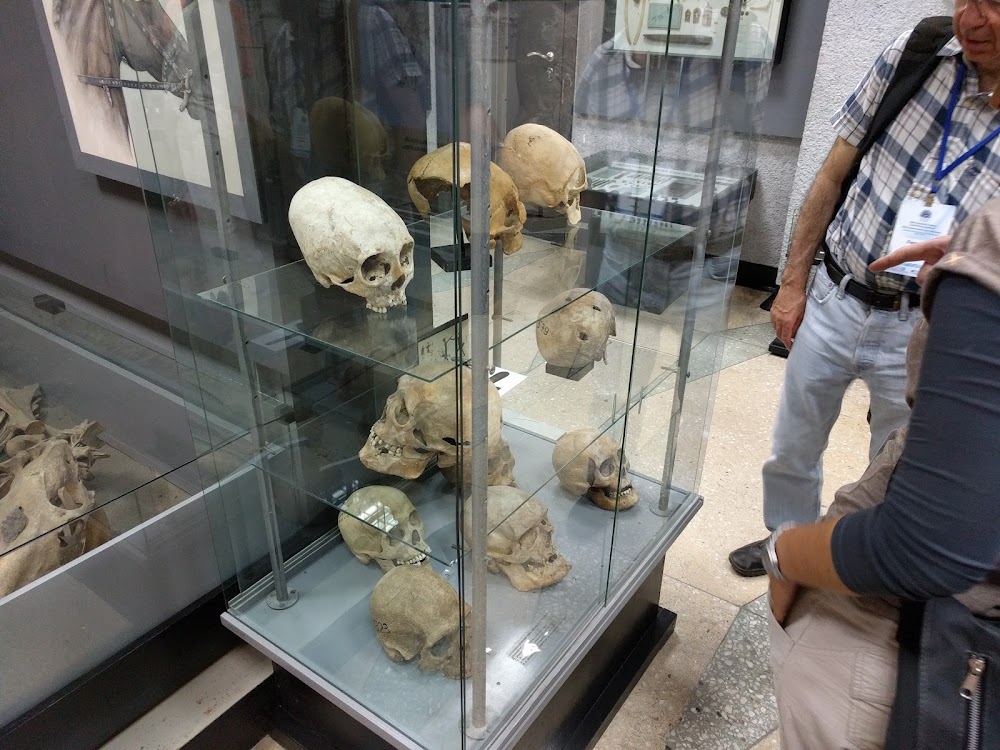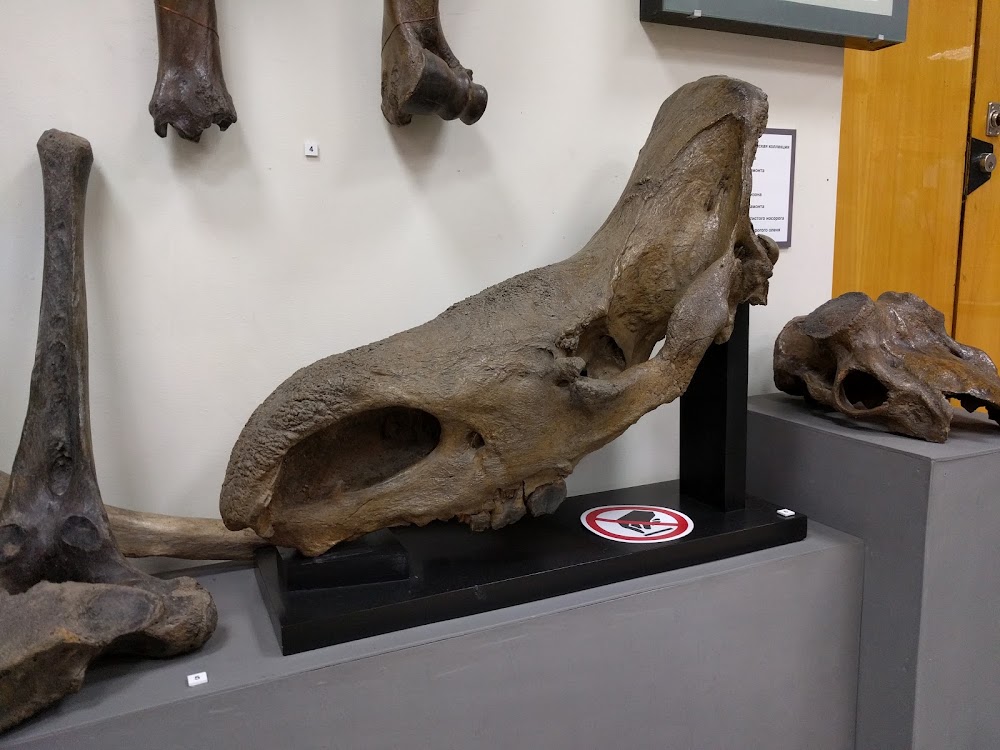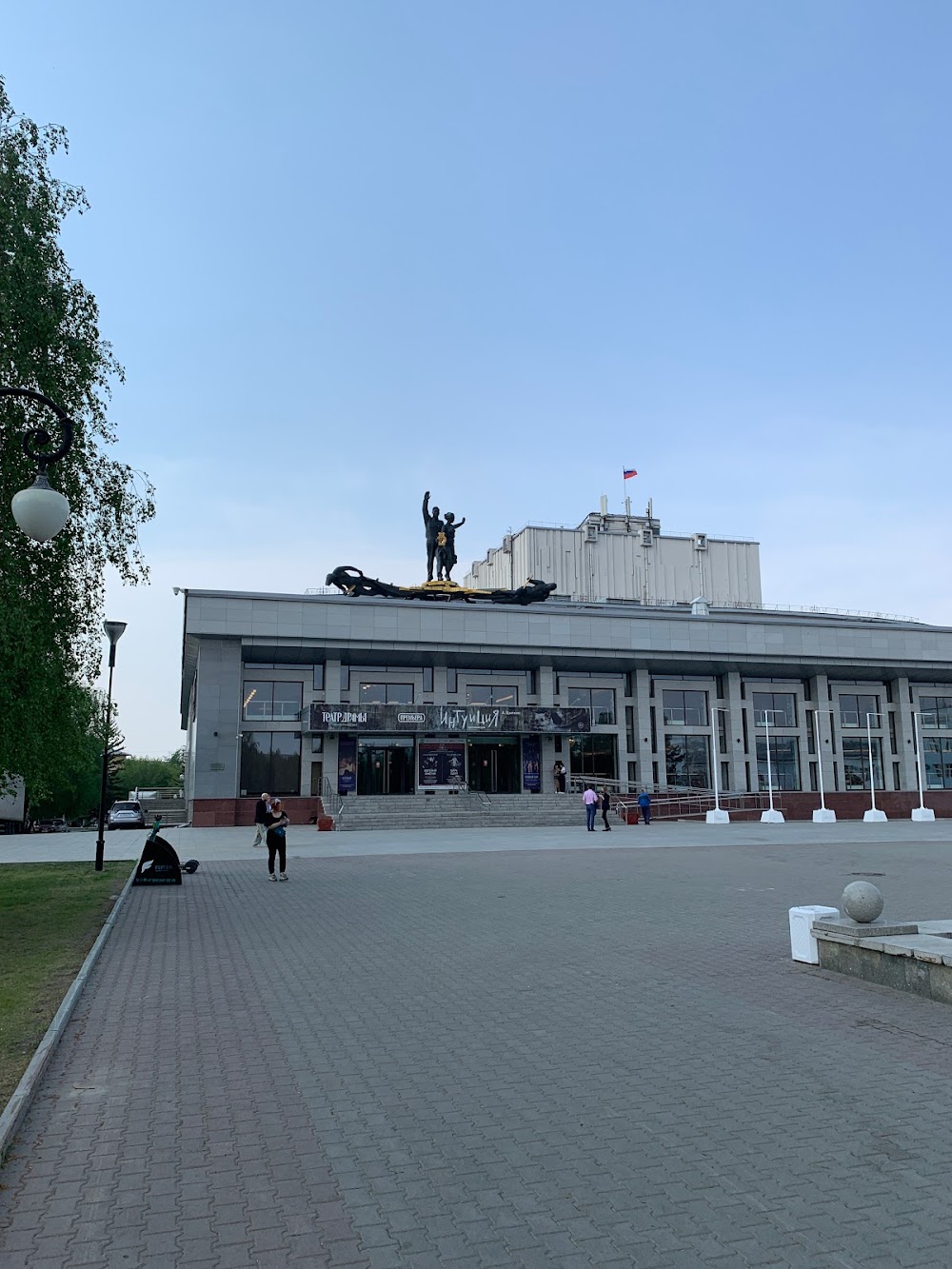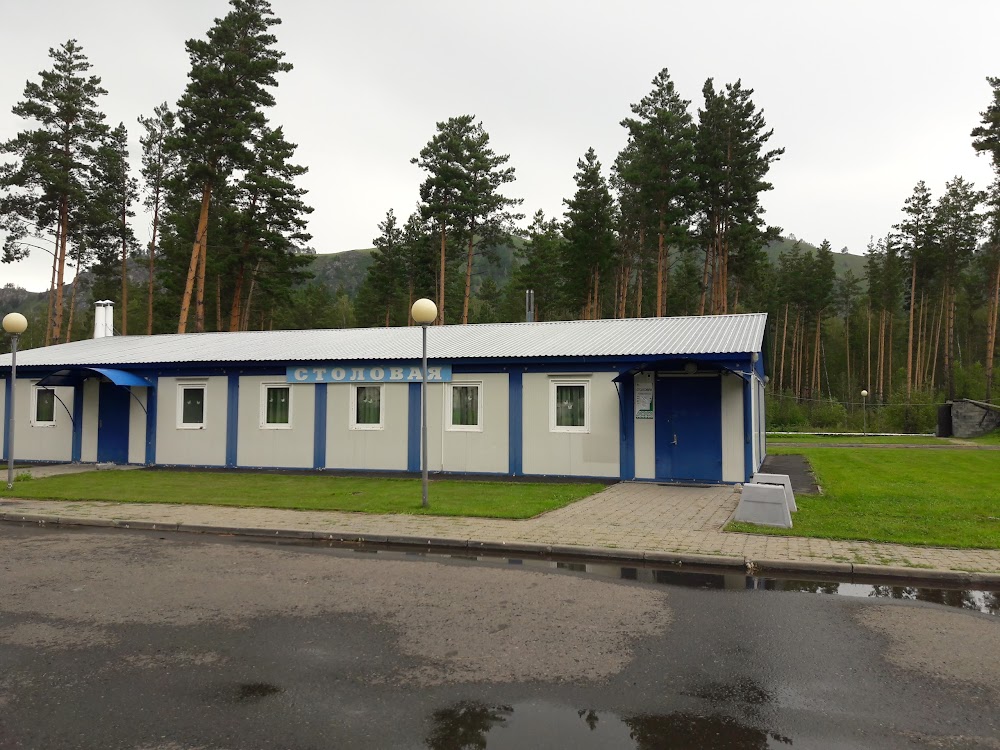Altai State Museum of Local Lore (Алтайский краеведческий музей)
Overview
The Museum of Archeology and Ethnography of the Altai, also known as the Altai State Museum of Local Lore, is a captivating destination nestled in Altai Krai, Russia. This remarkable institution invites visitors to explore the rich tapestry of the region's history and culture, spanning from ancient times to the modern era.
The museum's journey began in the early 20th century when a group of dedicated local enthusiasts and scholars recognized the urgent need to preserve Altai Krai's unique heritage. Their tireless efforts to collect artifacts and historical documents culminated in the museum's official establishment in 1920, marking a significant milestone in the region's cultural preservation.
Initially housed in a modest wooden structure, the museum faced numerous challenges, including space constraints and limited resources. However, the unwavering passion of its supporters allowed the collection to flourish. In the 1960s, the museum relocated to a more spacious building, accommodating its growing number of artifacts and visitors.
Architecturally, the current museum building embodies the essence of mid-20th century Soviet design, combining functionality with simplicity while incorporating subtle neoclassical elements. The facade, adorned with understated decorative features, offers a warm welcome to visitors eager to delve into the region's storied past.
The museum's extensive collection is meticulously curated, featuring over 100,000 items that represent various historical periods. Exhibits are thoughtfully arranged to highlight the paleolithic era, ancient nomadic cultures, medieval settlements, and the more recent narratives of the Russian Empire and the Soviet era.
A standout feature of the museum is its archaeological collection, which includes remarkable treasures from the Scythian culture. Among these gems is the renowned "Golden Man," a warrior's burial outfit embellished with intricate gold decorations, providing a fascinating glimpse into the artistry and craftsmanship of ancient times.
The museum also boasts an ethnographic section that documents the region's diverse cultural heritage. This area showcases everyday items, clothing, and tools from various ethnic groups, including the Altai people, Russians, Kazakhs, and others. Each exhibit is thoughtfully arranged, narrating the stories of daily life, traditions, and the rich blend of influences that have shaped the identity of Altai Krai.
In addition to its static displays, the museum actively organizes temporary exhibitions, cultural events, and educational programs. These initiatives engage both the local community and visitors, fostering a deeper connection with the vibrant history of the region.
The museum is continually evolving, with a dedicated team of historians, archaeologists, and ethnographers working diligently to expand and refine the collection. Modern technologies, including digital archives and interactive displays, enhance the visitor experience, making history accessible and engaging for all.
For decades, the Museum of Archeology and Ethnography of the Altai has stood as a cornerstone of cultural preservation and education in Altai Krai. It serves as a testament to the region's historical significance and the ongoing efforts to keep its stories alive for future generations.






